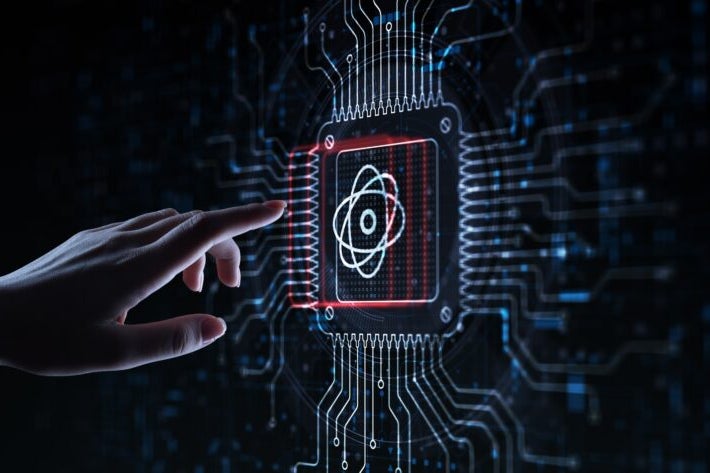Unlocking Q-Day: What A Quantum Catastrophe Really Means
Imagine waking up to a world where every bank account, personal message and classified government file is suddenly unprotected and laid open because the encryption that kept billions of secrets safe has been shattered overnight.
Q-Day is the name given to this looming scenario: it’s the day quantum computers become so powerful they can break through the encryption walls that guard today’s digital world.
The result will be a shockwave with a wide range of consequences for privacy, safety and the very trust society places in technology worldwide.
Read Next: Quantum Stocks Boom As IonQ, Rigetti Join Government Initiatives
Why is Q-Day Important?
Today, most online communication, financial transactions, military secrets and healthcare data rely on encryption methods like RSA and ECC, which would take classical computers thousands of years to crack.
However, quantum algorithms could theoretically solve the mathematical problems underpinning these encryption methods much faster, making today’s cybersecurity protocols useless.
Once Q-Day occurs, adversaries with advanced quantum computers could decrypt sensitive information that was previously protected—potentially compromising everything from private conversations to state secrets.
The day is also sometimes called the “Quantum Apocalypse” or “Y2Q” (Years to Quantum).
When Might Q-Day Happen?
Estimates about when Q-Day could arrive range from a few years to decades, depending on advances in quantum hardware and algorithms.
The National Institute of Standards and Technology (NIST) and McKinsey & Company estimate Q-Day to occur as soon as 2030, while Google and Deloitte expect Q-Day around 2035.
The danger isn’t just about the future. Data transferred today under current encryption could already be vulnerable, since adversaries can “steal now, decrypt later” once Q-Day arrives.
The result could be the exposure of decades of classified intelligence, private communications or financial and medical records.
Read Next: QuantumScape, Tesla Rumors Swirl: Here Are The Facts
What Can Be Done?
While massive quantum computers don’t exist yet, progress is accelerating, and experts urge immediate preparation through “post-quantum” cryptographic methods.
Governments and industries are racing to prepare by developing quantum-resistant algorithms known as post-quantum cryptography (PQC).
The National Institute of Standards and Technology, for example, has been standardizing new encryption methods designed to withstand quantum attacks.
Transitioning to the new systems, however, is a massive challenge. Every computer, security protocol and networked device worldwide would need updating—a process likely to take years.
As Q-Day approaches, the real challenge lies in whether organizations and governments can act decisively to safeguard critical information before trusted encryption becomes obsolete.
Preparing now, by investing in quantum-resistant solutions and fostering global action, will determine how resilient society remains against the fundamental changes unleashed by the quantum era.
Read Next:
Photo: Shutterstock


